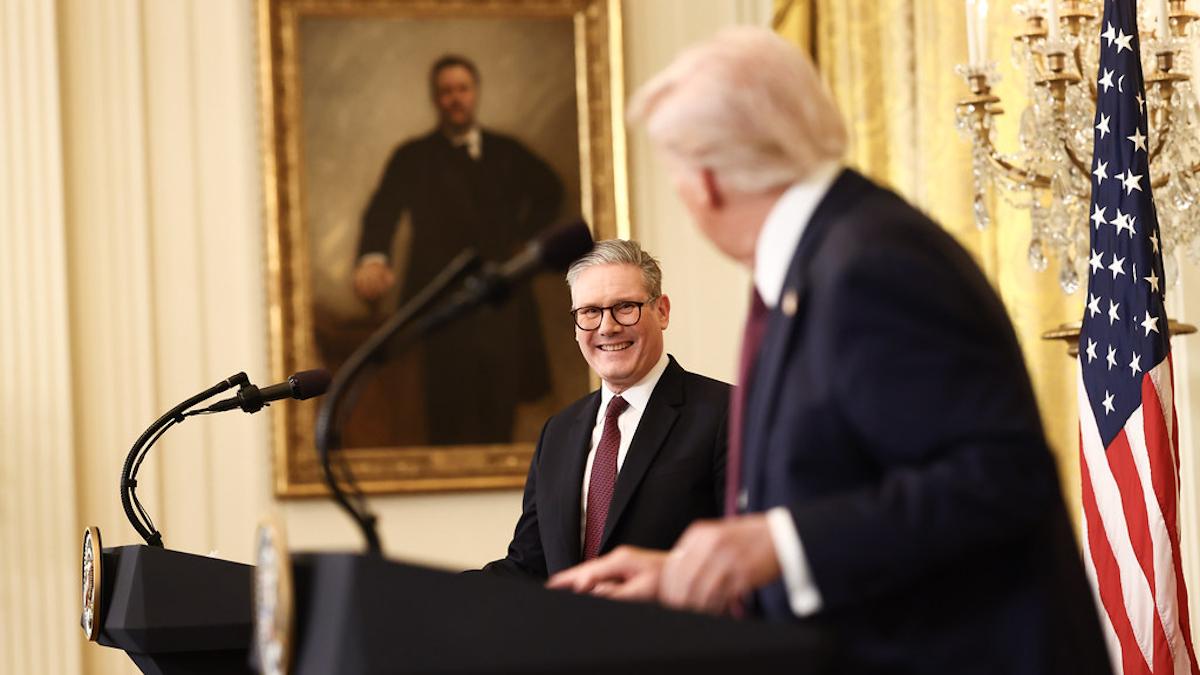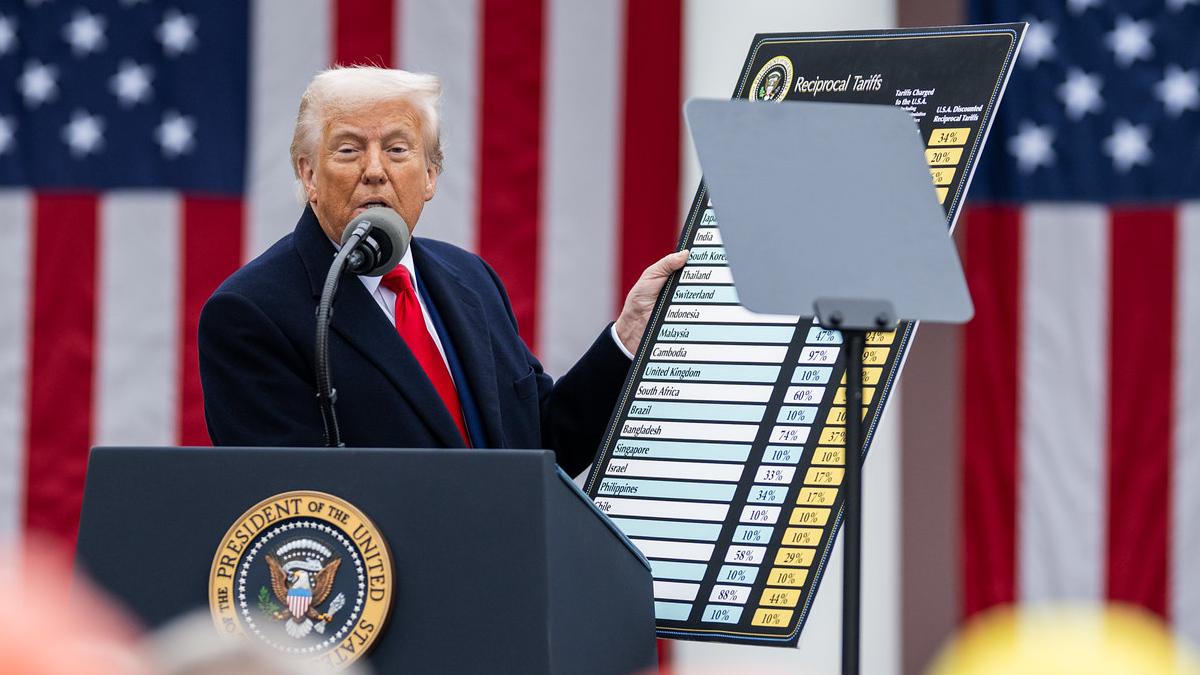Pharma still in waiting mode after UK-US trade agreement

Hopes that the UK-US trade agreement would give some clarity on the situation for pharmaceuticals – one of the UK's biggest export categories – proved optimistic.
While the UK is the first country to announce a deal with the US since Donald Trump announced his tariffs in April, it has fallen short of the "full and comprehensive" agreement billed by the President ahead of its unveiling.
Pharma was not mentioned at all as Trump and UK Prime Minister Keir Starmer unveiled the 'agreement in principle', as it was described by the office of the US Trade Representative (USTR). It focused mainly on the car industry, which saw US tariffs fall from 27.5% to a blanket levy of 10%, while those on steel and aluminium fell to zero.
Trump has not announced any tariffs on medicines yet, so it was likely optimistic to think the pharma industry could be in the scope of a deal at this stage. In a statement, the UK government said that "work will continue on the remaining sectors – such as pharmaceuticals and remaining reciprocal tariffs."
Preferential treatment on pharma?
Moreover, Downing Street has indicated that the UK will receive "preferential treatment in any further tariffs imposed" as part of the US Department of Commerce's ongoing Section 232 investigation into pharma, which is viewed as the first stage before tariffs are imposed, potentially within the next couple of weeks.
"As the outcome of that investigation is widely expected to be a recommendation that President Trump impose significant tariffs on imports of pharmaceuticals into the US, the UK pharma industry has been left waiting to see exactly what this preferential treatment will mean for the £8.8 billion of medicinal and pharmaceutical products that the UK currently exports to the US, which are currently exempt for any tariffs at all," commented Ewan Townsend, partner at law firm Arnold Porter.
Pharma aside, there is little doubt that becoming the first company to reach a deal with the US in the new, more combative world trade arena is a fillip for the UK government as it faces a sharp decline in public satisfaction ratings.
"This historic deal delivers for British business and British workers, protecting thousands of British jobs in key sectors including car manufacturing and steel," said Starmer.
"My government has put Britain at the front of the queue because we want to work constructively with allies for mutual benefit rather than turning our back on the world," he added. "This is jobs saved, jobs won, but not job done, and our teams will continue to work to build on this agreement. "
The deal follows a trade deal with India that was also trumpeted by the UK government but has been held up as a missed opportunity by the Association of the British Pharmaceutical Industry (ABPI), which said it did not address "longstanding industry concerns about intellectual property protections for UK life science innovators within the Indian market."












